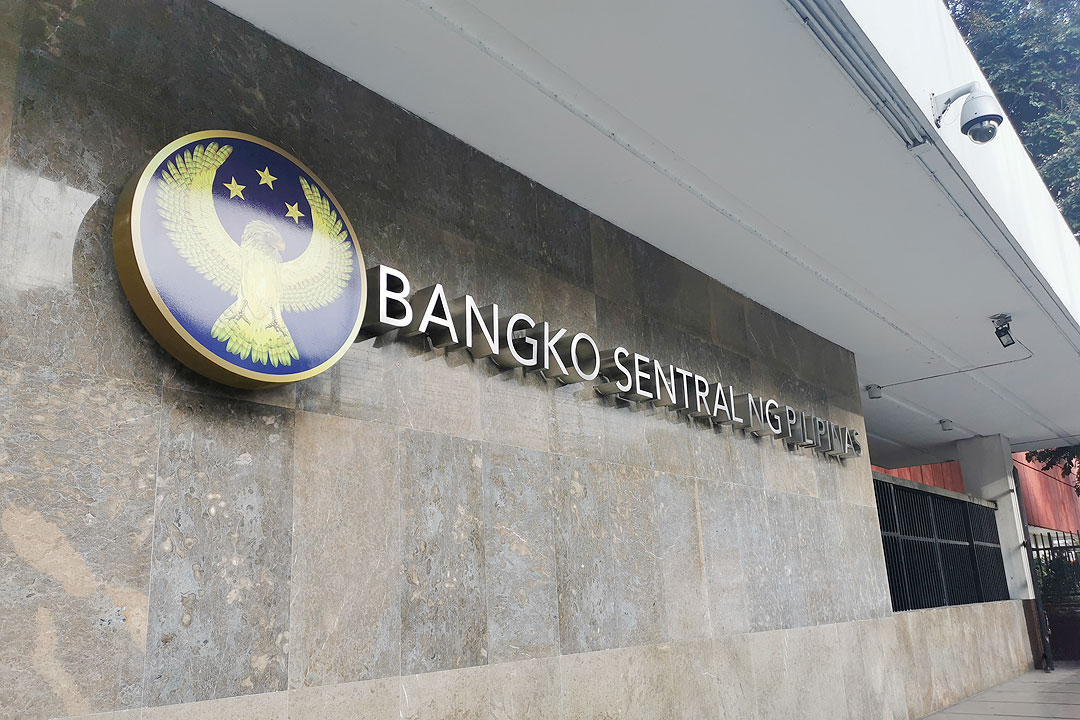
THE Bangko Sentral ng Pilipinas (BSP) is likely keep interest rates high with inflation expected to spike towards the middle of the year, GlobalSource Partners said.
“We believe that the BSP will maintain a higher interest rate for longer, precisely because first of all, it considers its previous monetary tightening is yet to fully take effect because of the long lags of monetary adjustments,” GlobalSource country analyst Diwa C. Guinigundo said in a report dated Jan. 8.
“Secondly, upside risks to the baseline forecasts including global uncertainty remain dominant such that an early reset could trigger a price upsurge and upset inflation expectations,” he added.
The benchmark rate is currently at 6.5%, the highest in 16 years. From May 2022 to October 2023, the central bank raised borrowing costs by a total of 450 basis points.
BSP Governor Eli M. Remolona, Jr. has said the central bank is not considering easing policy until inflation settles firmly within the 2-4% target.
“We share the view of the BSP that it is possible for the monthly year-on-year inflation to hit the 2-4% inflation target in the early part of this year. However, positive base effects could cause inflation to hit or even breach the 4% towards the middle of the year,” Mr. Guinigundo said.
Headline inflation slowed to 3.9% in December, the first time it settled within the target range in nearly two years.
This brought average inflation to 6% in 2023, in line with the BSP’s full-year forecast, but still well above target.
The BSP expects inflation to ease to 3.7% this year.
GlobalSource cited risks that could stoke inflation, such as higher transport fares, power rates, and oil prices.
“Due to these factors, no less than the Department of Trade and Industry announced yesterday that 29% of the items included in the Suggested Retail Prices are bound to rise. Mostly food, such price increases on a weighted basis could be substantial,” Mr. Guinigundo added.
To help tame inflation, Mr. Guinigundo said that non-monetary measures must be “vigorously pursued,” specifically, support to agriculture and logistics.
“If there is any lingering reservation about keeping high interest rates for longer, real and fiscal policy makers in the Philippines should realize that the side effects of keeping interest rates higher for longer do not necessarily lead to bad results in both output and employment,” he added.
The government is targeting 6.5-7.5% growth this year.
In the nine-month period, gross domestic product growth averaged 5.5%. To meet the lower end of the government’s 6-7% target for 2023, the economy must grow by 7.2% in the fourth quarter. — Luisa Maria Jacinta C. Jocson



